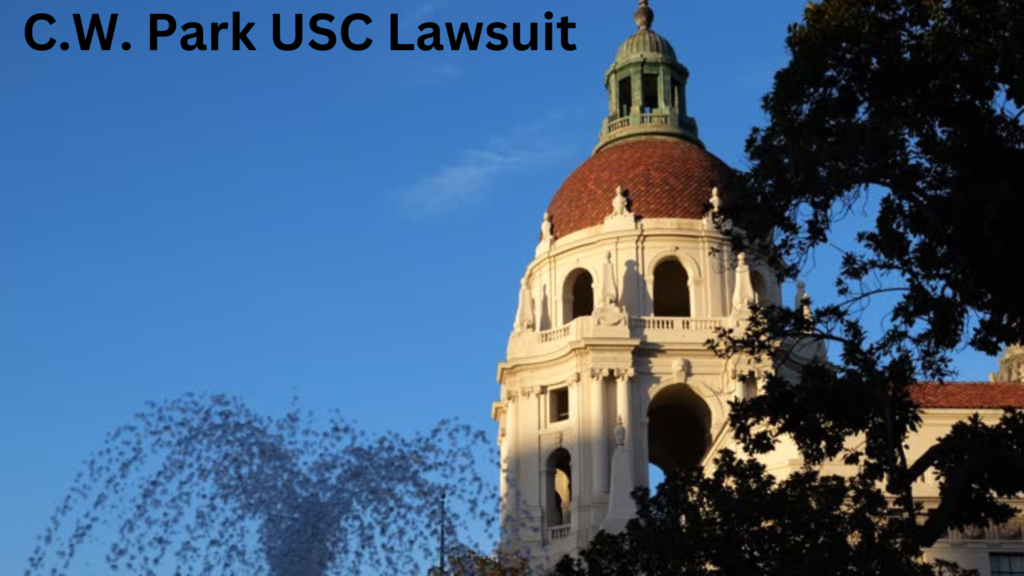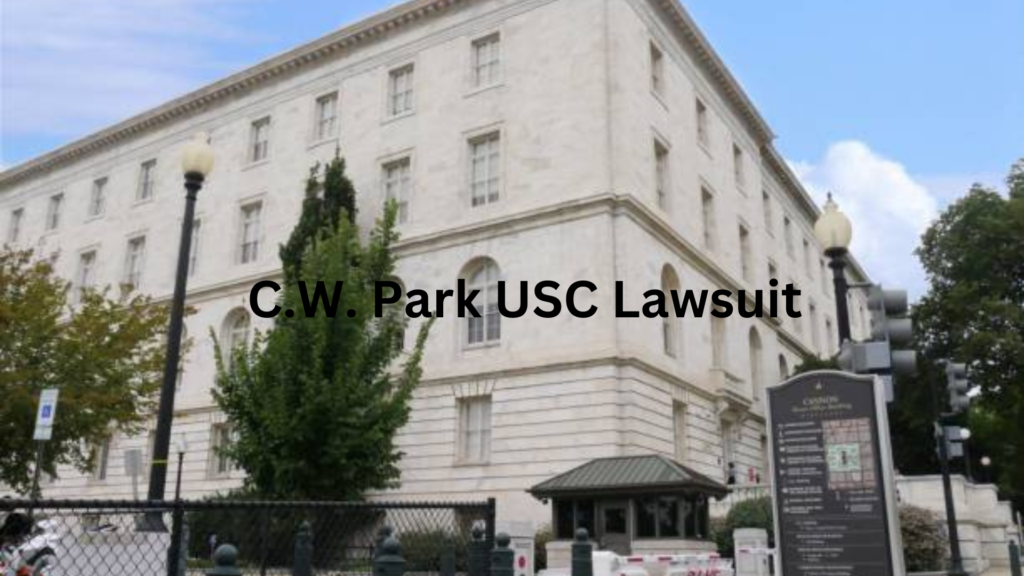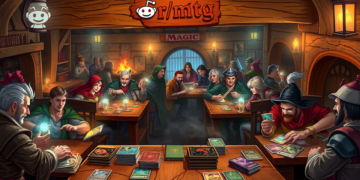Legal disputes involving educational institutions like the University of Southern California (USC) often capture public attention due to their significant impact on the parties involved and the institution’s reputation. One such case, the C.W. Park USC lawsuit, has raised questions about institutional practices and accountability. This article delves into the details of the lawsuit, its implications, and the broader context of similar cases.
What Is the C.W. Park USC Lawsuit?
The C.W. Park USC lawsuit is a legal conflict involving C.W. Park and USC. While specific details about this case remain limited, lawsuits typically stem from issues such as employment disputes, contractual disagreements, or misconduct allegations. Understanding the potential dynamics of this lawsuit requires examining the common types of cases brought against universities.
Common Types of Lawsuits Against Universities
- Employment Disputes
Universities, as large employers, often face claims related to workplace issues. These may include allegations of:
- Discrimination based on race, gender, or age.
- Wrongful termination or retaliation against whistleblowers.
- Breaches of employment contracts.
If the C.W. Park USC lawsuit falls under this category, it could involve accusations of unfair treatment or non-compliance with employment laws.
- Student-Related Legal Actions
Universities also face lawsuits from students over issues such as:
- Disciplinary actions are perceived as unjust.
- Breaches of academic promises or agreements.
- Allegations of negligence in providing a safe learning environment.
Although it is unclear if this lawsuit involves student-related matters, these disputes often lead to significant public scrutiny.
- Contractual Disputes
Disagreements over contracts are another common reason for lawsuits. These may involve:
- Research agreements between faculty and the university.
- Disputes over construction or service contracts.
- Allegations of mismanagement or breach of terms.
- Personal Injury Cases
Lawsuits can also arise from accidents or incidents on campus, including:
- Slip-and-fall accidents.
- The harm caused by inadequate safety measures.

Possible Implications of the C.W. Park USC Lawsuit
Legal cases against high-profile institutions like USC often have widespread repercussions. Key considerations include:
- Institutional Reputation
High-profile lawsuits can damage a university’s reputation, affecting student enrollment, faculty recruitment, and public trust. The C.W. Park USC lawsuit could lead to negative publicity for the institution if allegations involve unethical practices.
- Financial Costs
Litigation often incurs significant costs, including legal fees and potential settlements. If the lawsuit results in a substantial payout, it may affect the university’s budget and financial planning.
- Policy Revisions
Universities frequently revise their policies and procedures in response to legal disputes. The C.W. Park USC lawsuit might prompt changes in employment practices, contract management, or other institutional policies to prevent future conflicts.
How to Find More Information
If you’re looking to learn more about the C.W. Park USC lawsuit, consider the following resources:
- Legal Databases
Platforms like Westlaw, LexisNexis, and PACER provide access to court records and case details. Searching for “C.W. Park” and “USC” in these databases might yield specific information about the lawsuit.
- Court Websites
The Los Angeles County Superior Court or federal district courts may have public records related to the case. Check their online dockets for filings involving USC.
- News Outlets
Local and national news archives often cover significant lawsuits. Search for articles mentioning “C.W. Park USC lawsuit” in publications like the Los Angeles Times.
- University Announcements
Sometimes, universities issue public statements or updates regarding ongoing legal matters. USC’s official website or press releases may provide relevant information.
Read Also : Bathing Suit Full Body AT&T Lily Fired.

Conclusion
The C.W. Park USC lawsuit highlights universities’ complex legal challenges in maintaining ethical and legal standards. While specific details about this case remain sparse, its implications could extend beyond the immediate parties involved. By examining the broader context of lawsuits against universities, readers can better understand the potential significance of this case and its outcomes. As more information becomes available, assessing the facts carefully and considering their broader impact on the educational landscape will be essential.







































